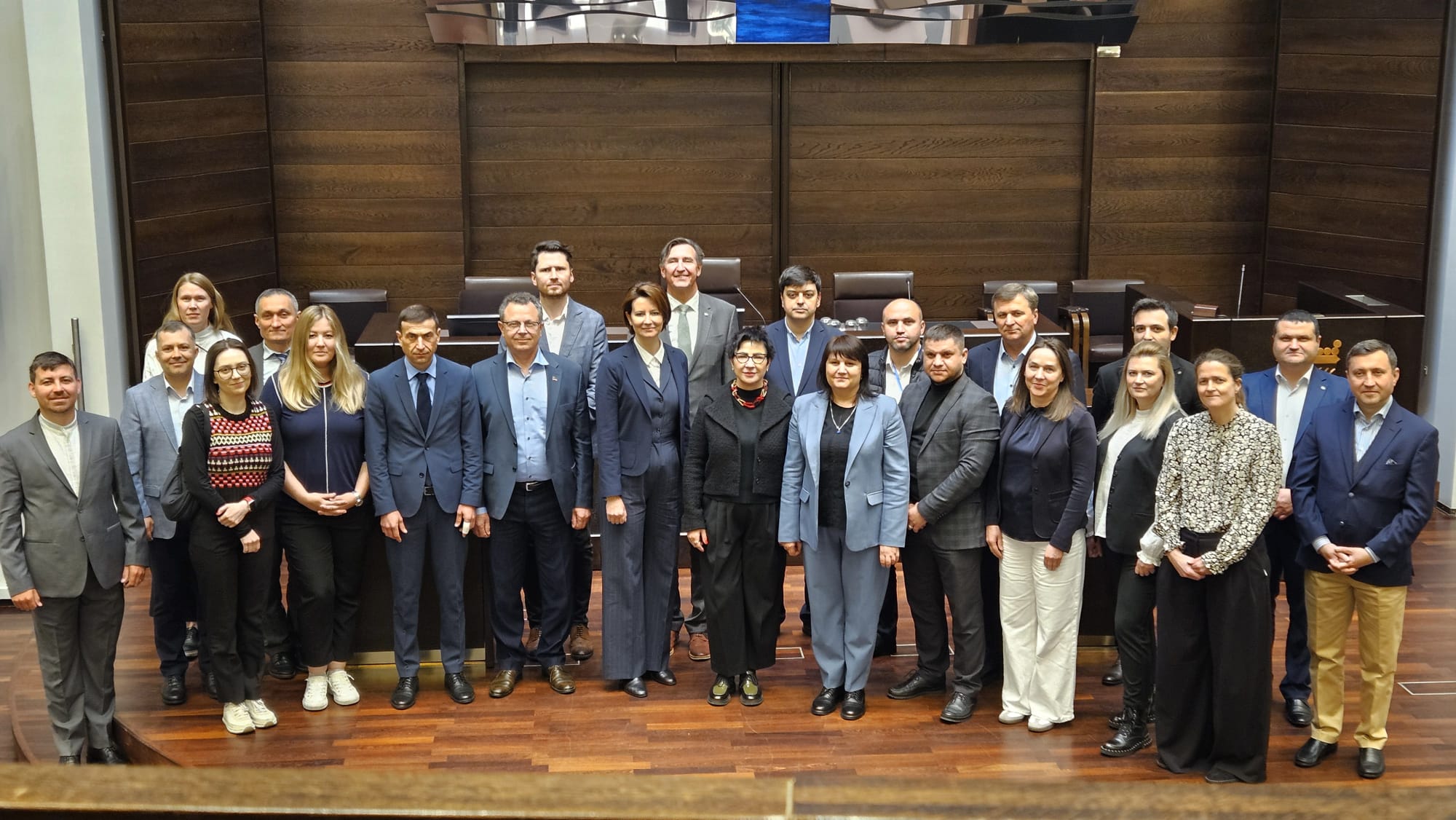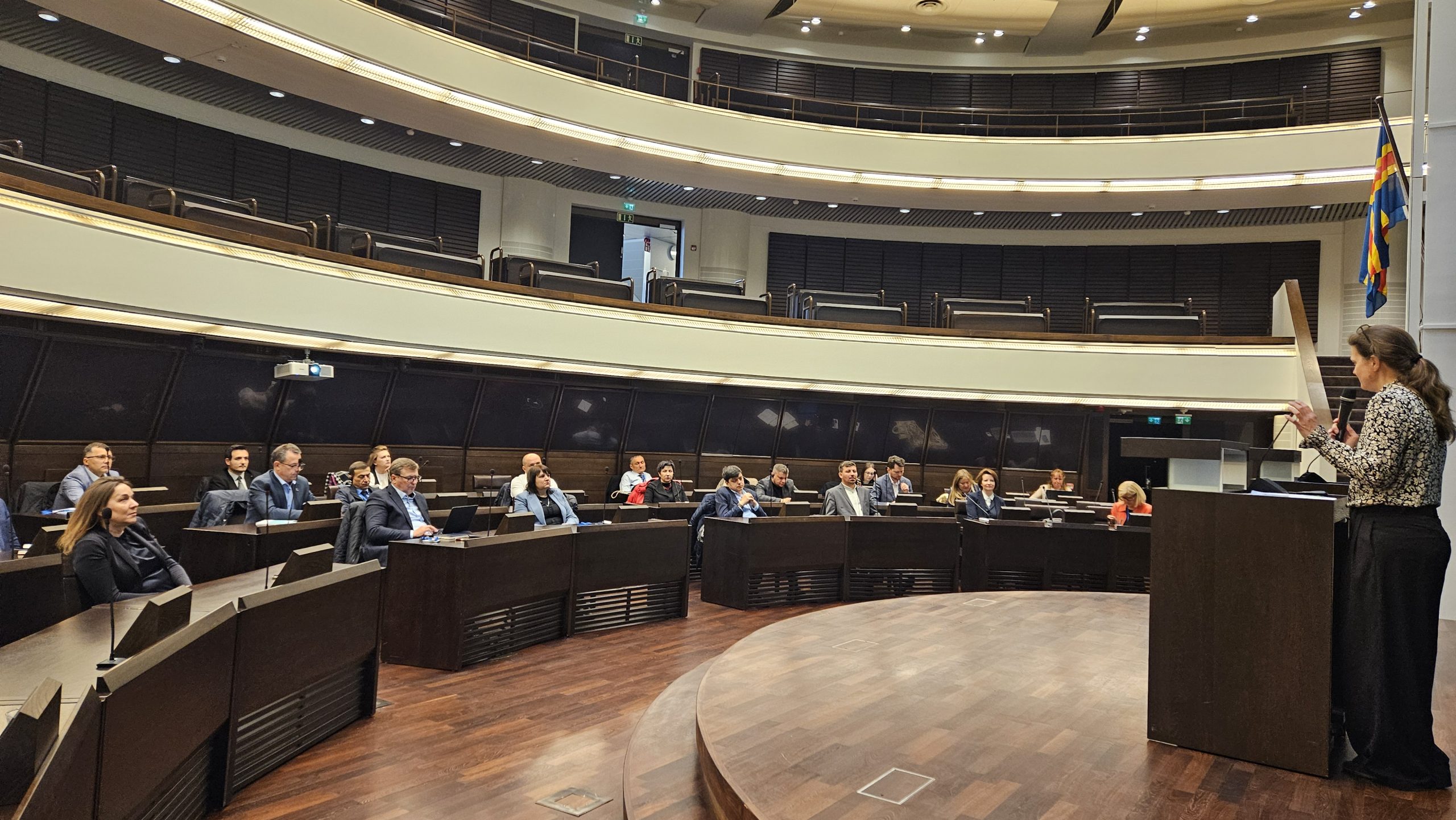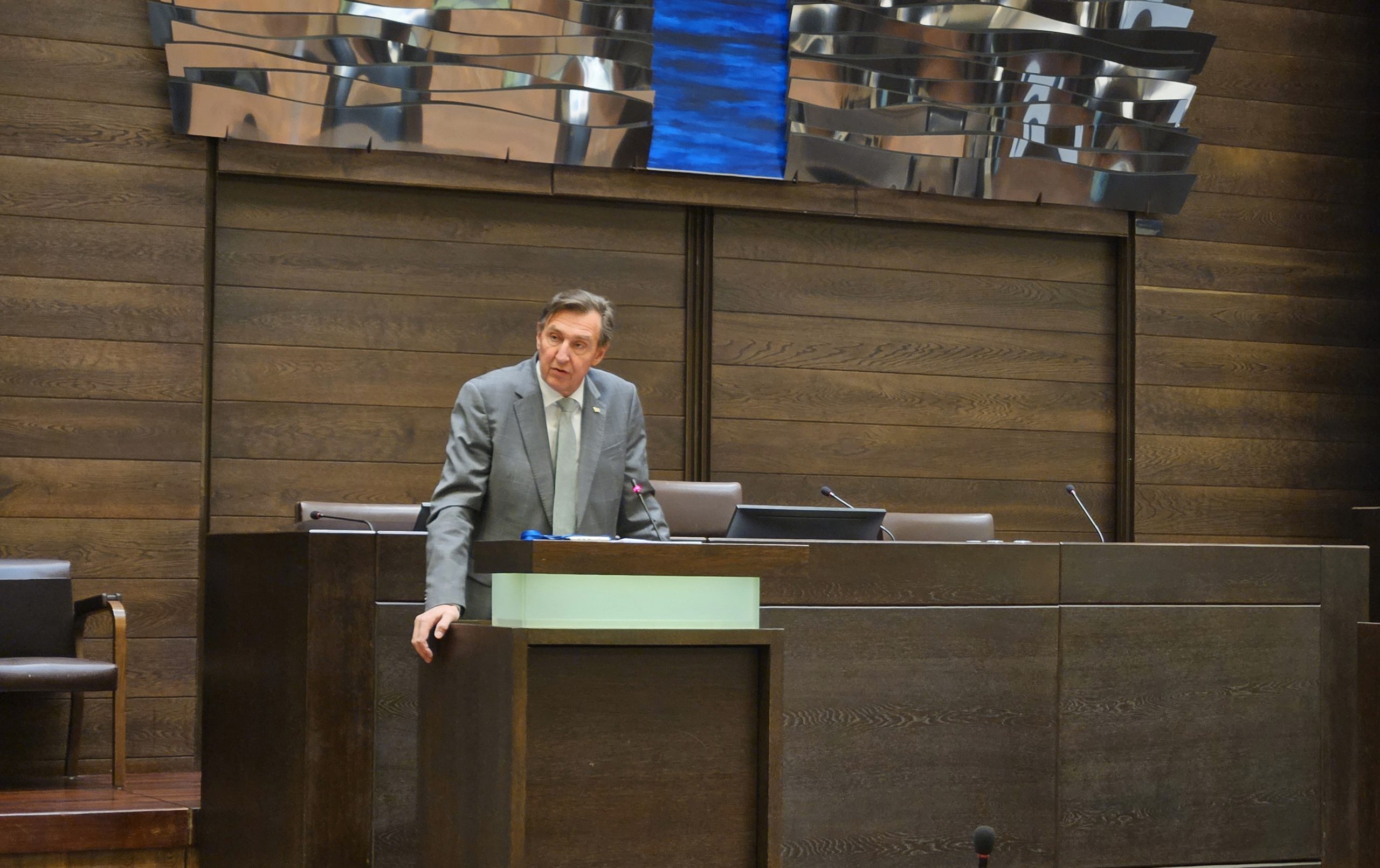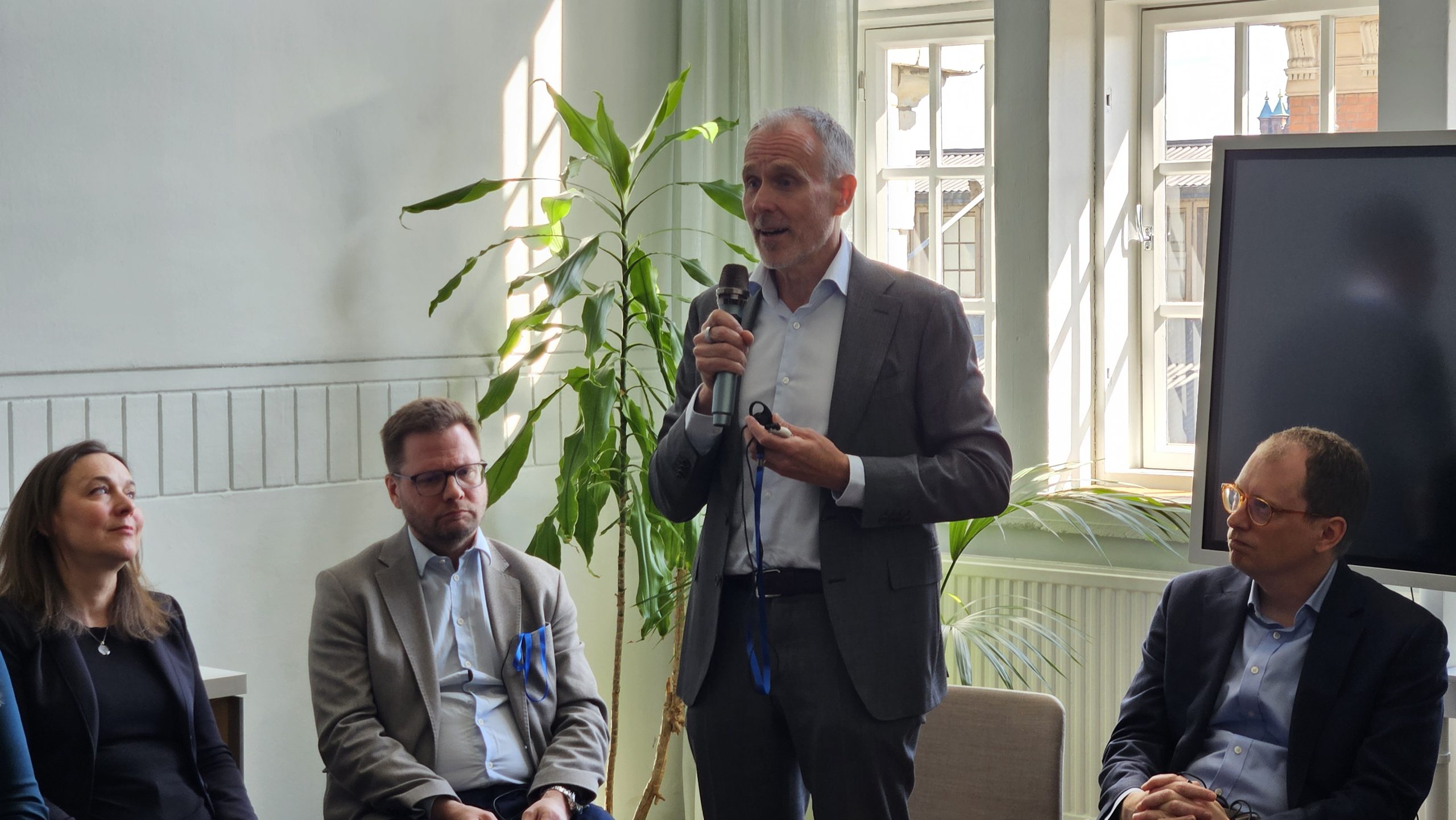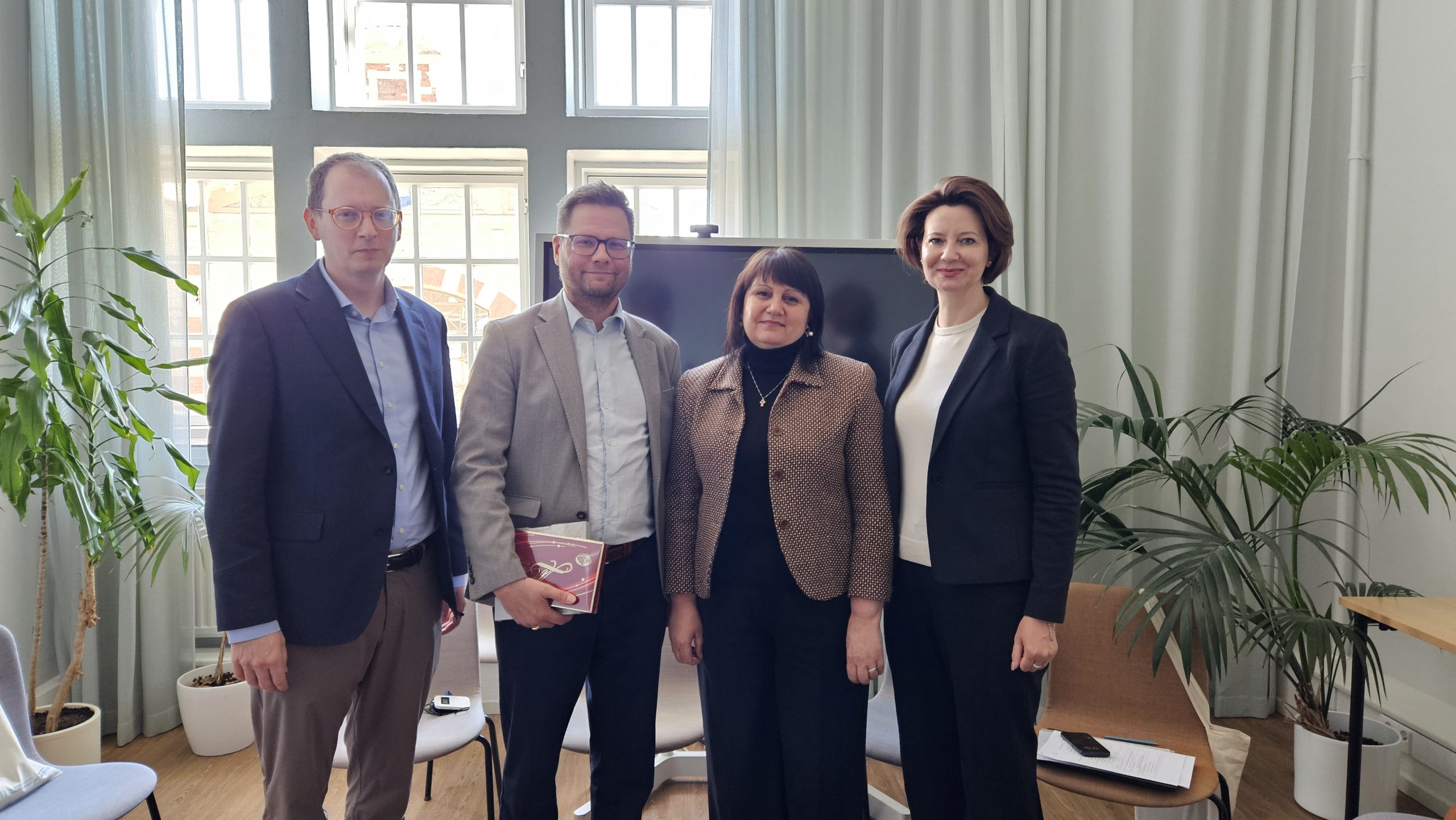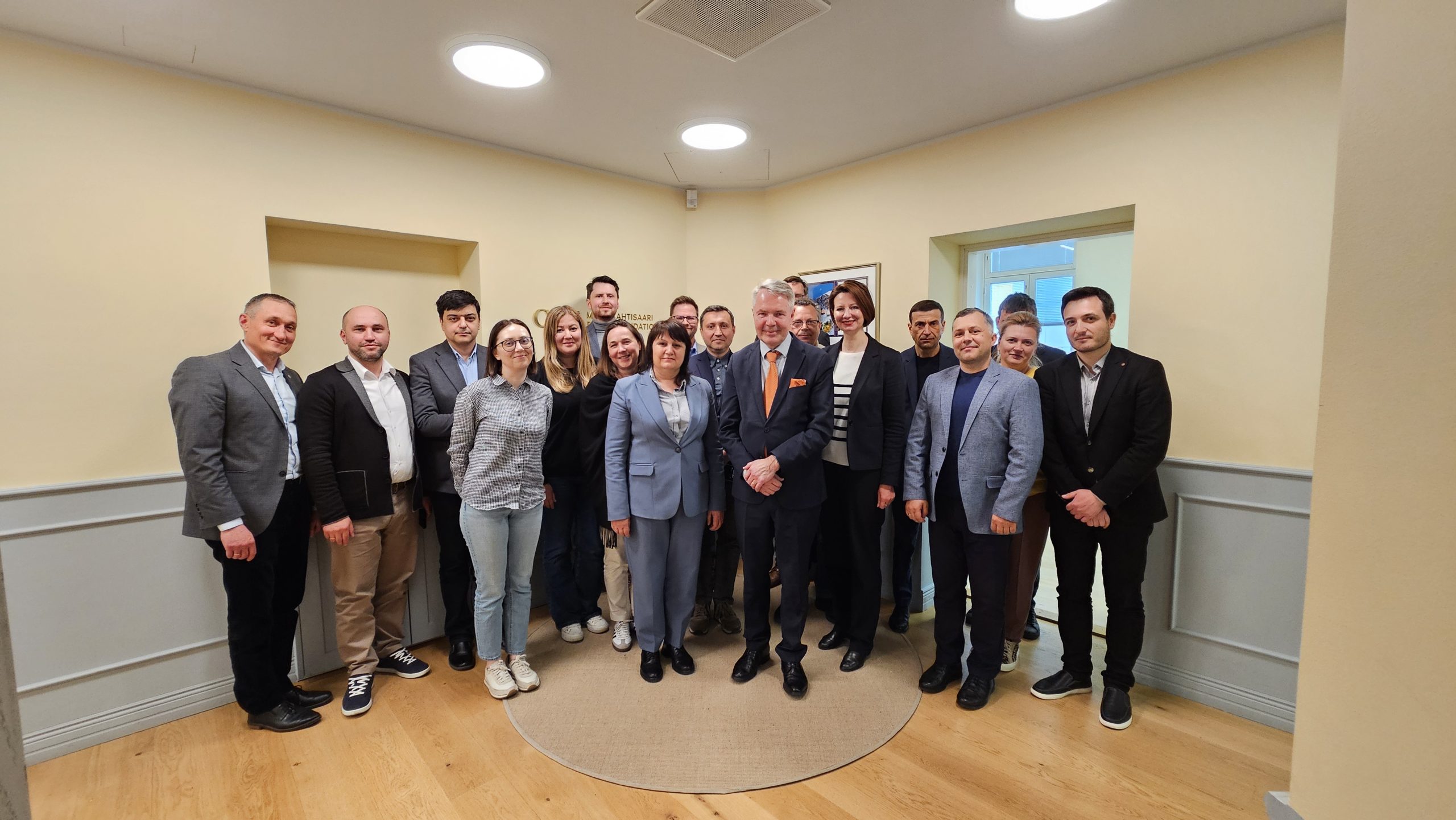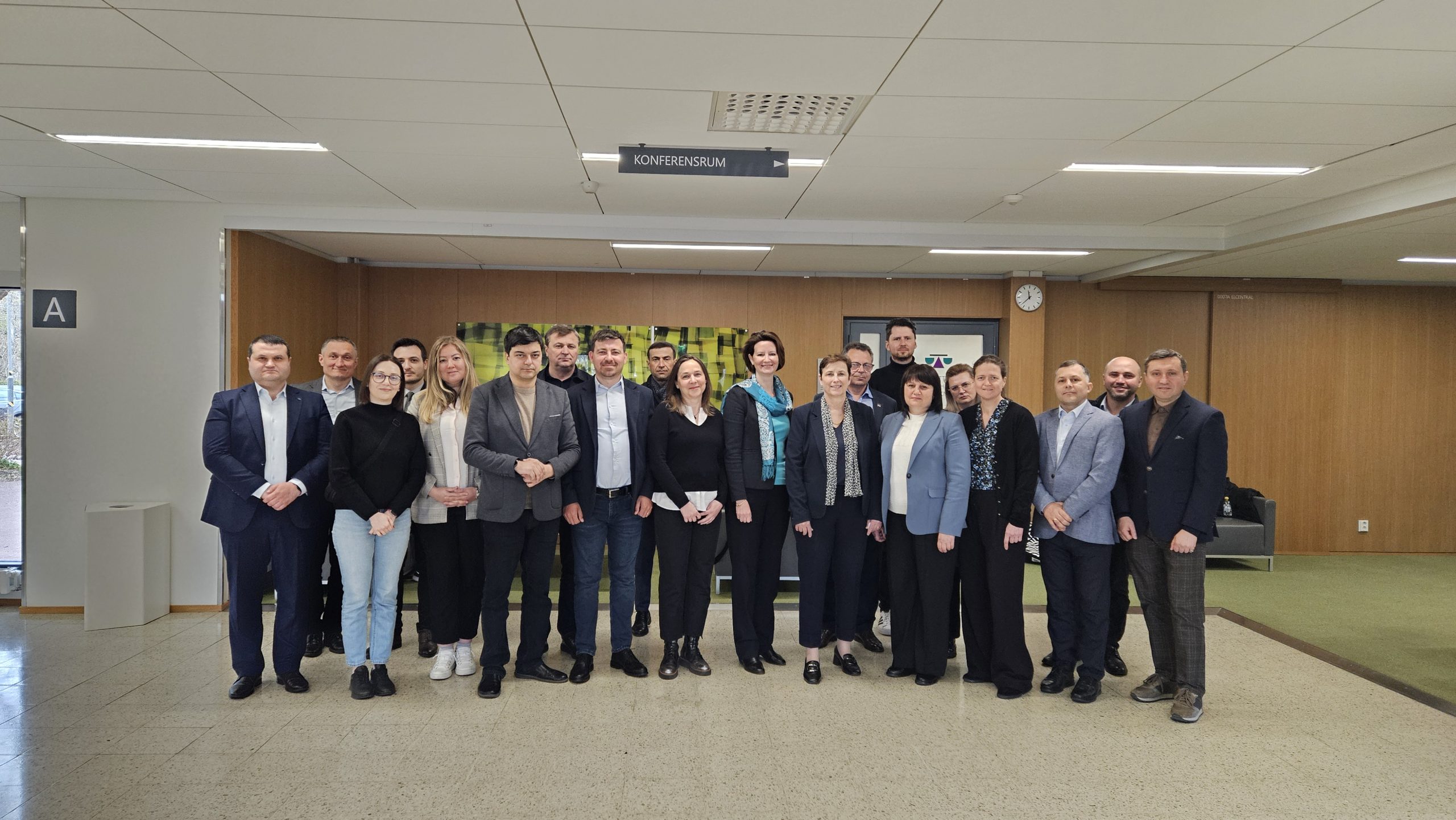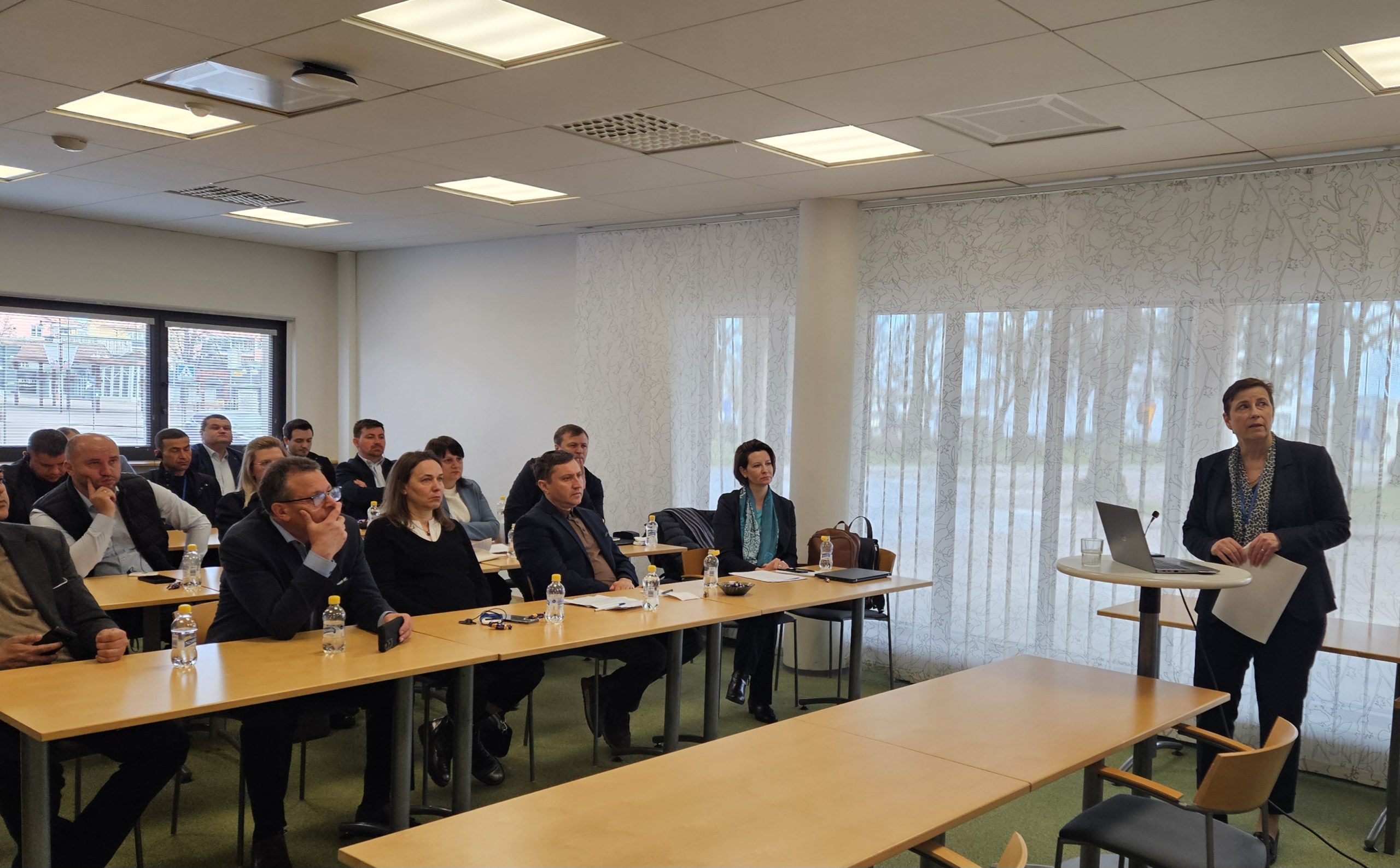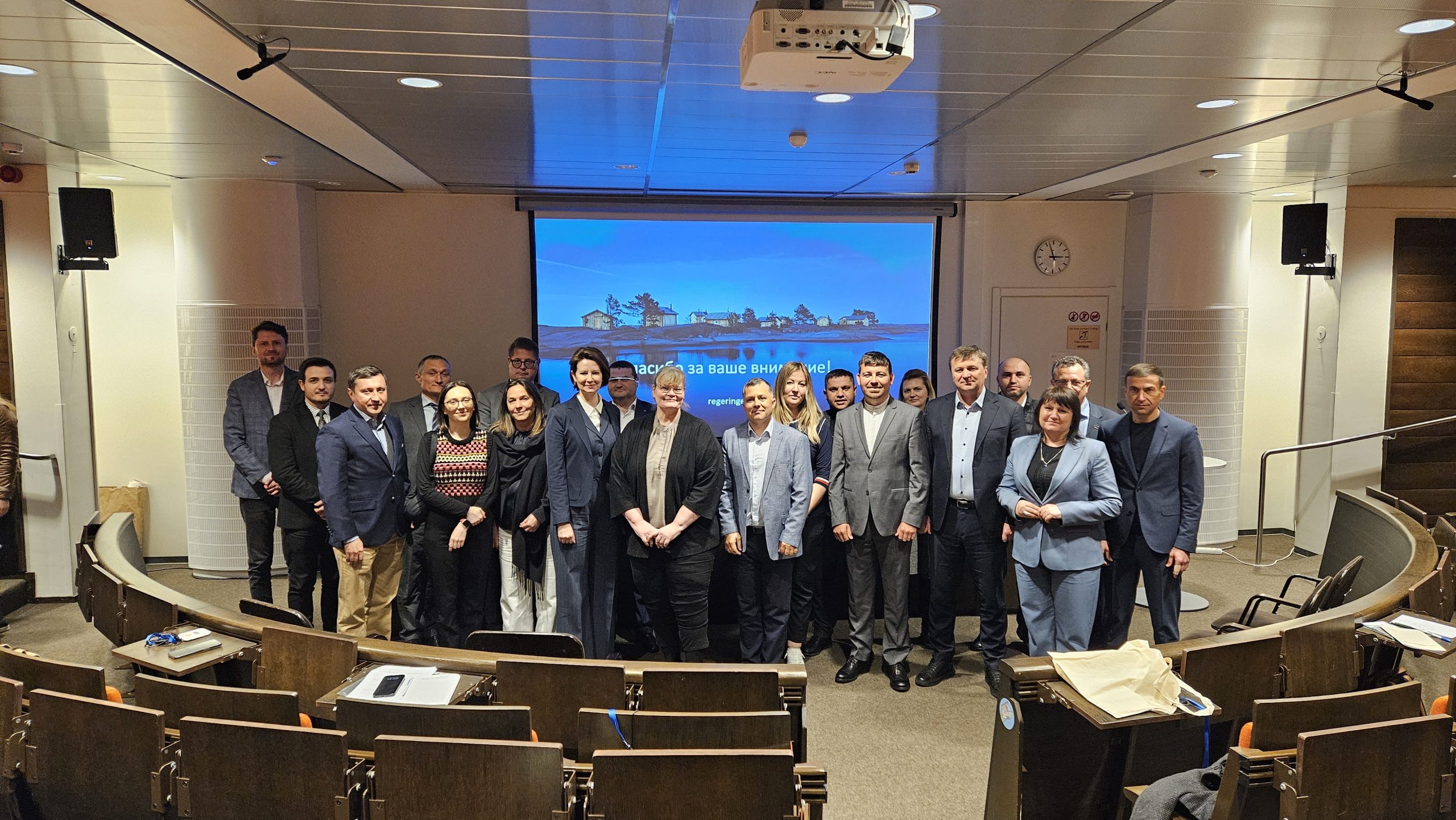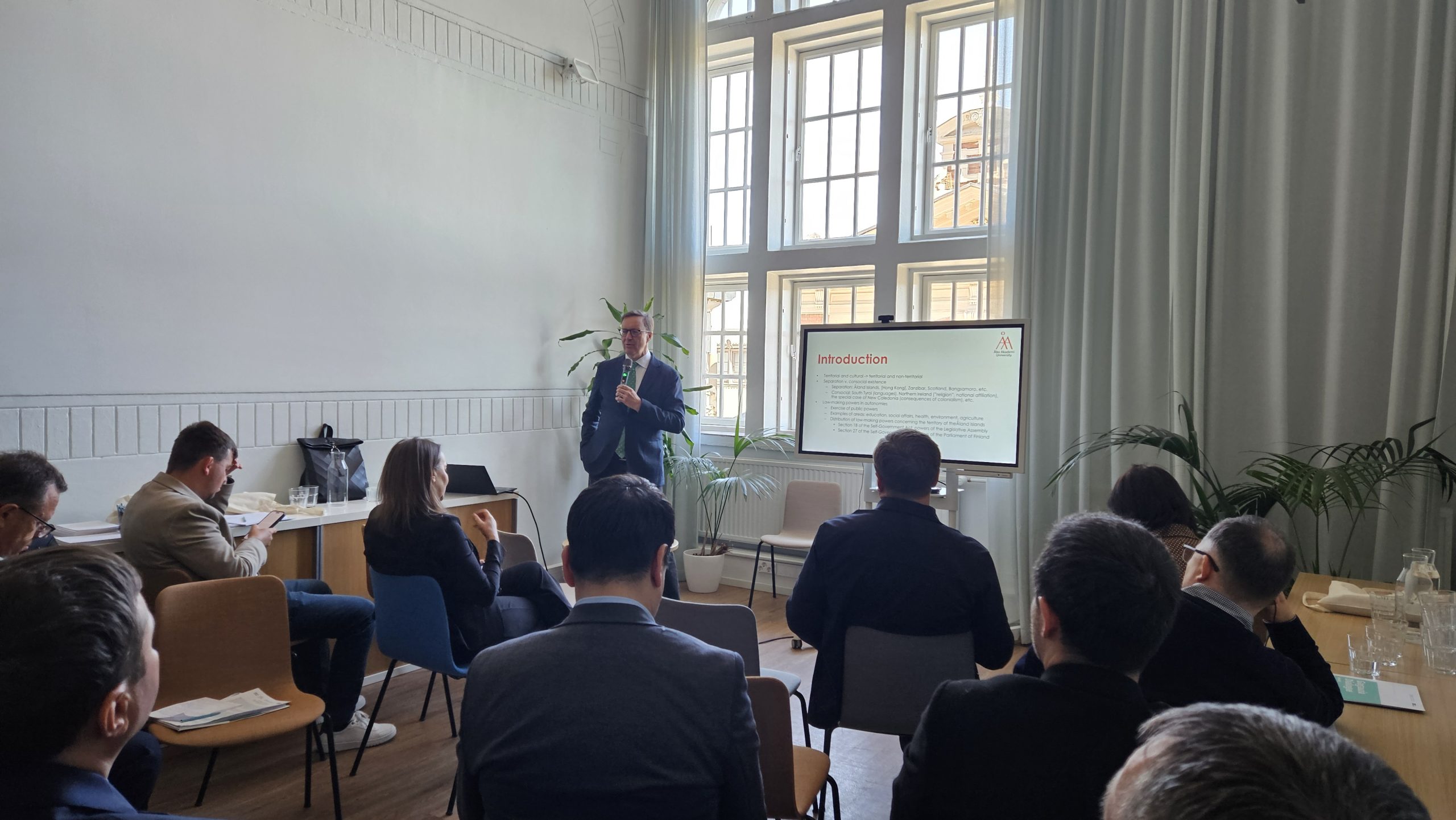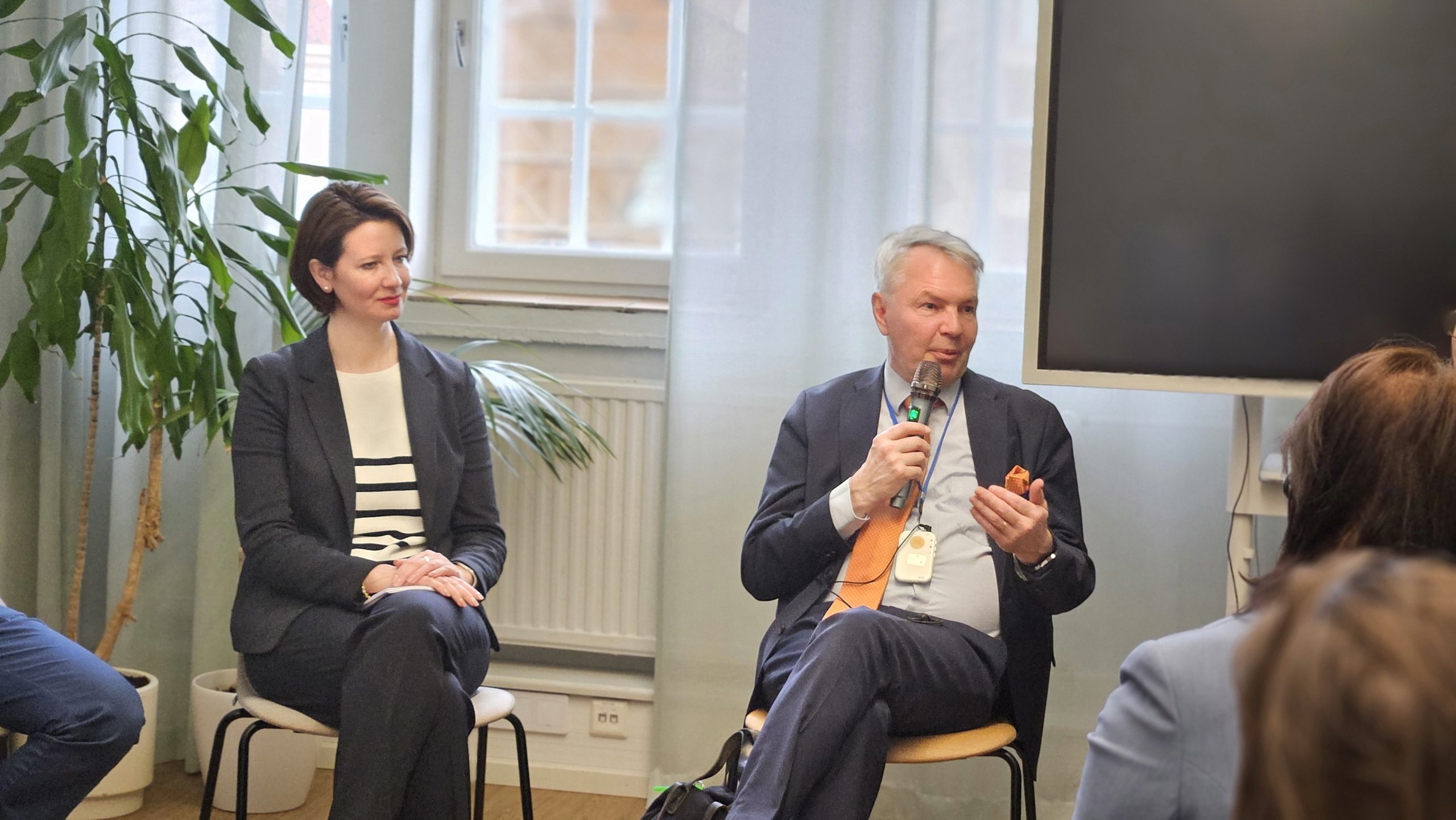During 4 and 9 May 2025, a study visit took place in Finland, with meetings held in Helsinki and on the Åland Islands. The visit was organised by the CMI – Martti Ahtisaari Peace Foundation, with support from Sweden, within the “Gagauzia Dialogue” project and in cooperation with the Åland Islands Peace Institute. The purpose of the visit was to study the mechanisms of institutional co-operation between the central authorities of Finland and the autonomous region of Åland. The delegation included representatives of the national authorities, the Gagauz autonomy, civil society, along with national and international experts.
During the visit, the group held meetings with Finnish and Åland officials, legal experts, and researchers. Discussions focused on the legal and political framework of Åland’s autonomy, its economic structure, and the role of multilevel governance.
The group also learnt about Finland’s experience of the European Union accession process and analysed Åland’s relations with the EU and the region’s participation in international cooperation through Nordic and EU mechanisms.
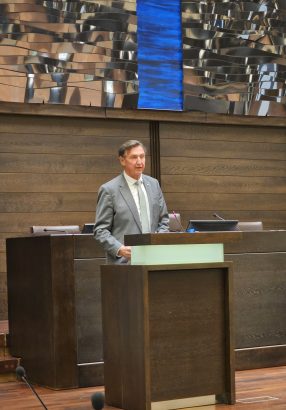
“The autonomy is a place for dialogue and trust, is a result of commitment, is a solution through compromise. The autonomy protects language, culture and traditions under the principle of self-governance. Aland and Finland walk side by side; they are united for the benefit of all our citizens. The main point is that the dialogue never stops. We are committed to build our relation based on mutual respect, trust, open and ongoing dialogue.”
– highlighted Mr Jörgen Pettersson, Speaker of the Åland Parliament.
During the visit, the group also met with H.E. Elisabeth Naucler, Honorary Consul of the Republic of Moldova on the Åland Islands. During the meeting, the consul shared her longstanding experience of working in different contexts in the field of diplomacy and building regional dialogue and cooperation.
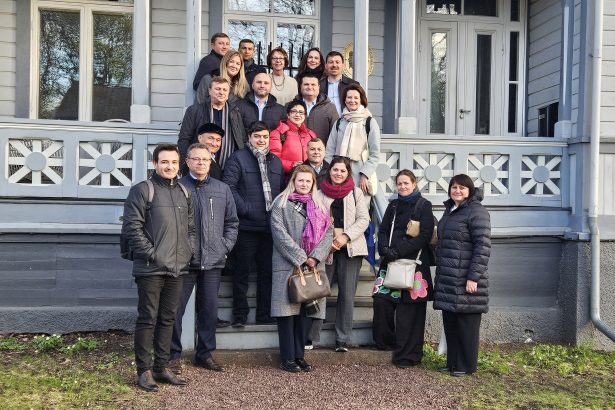
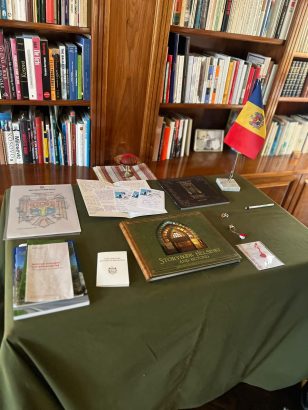
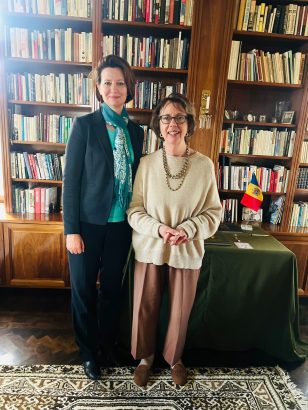
The group expressed appreciation for the open and constructive dialogue with Finnish and Åland institutions and acknowledged the relevance of such exchanges for developing democratic governance and inclusive decision-making processes in Moldova for the benefit of the citizens.

